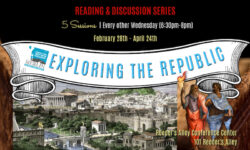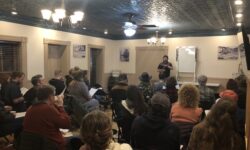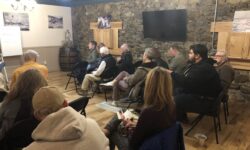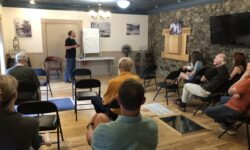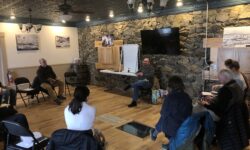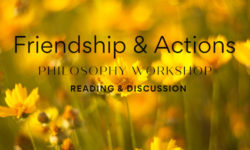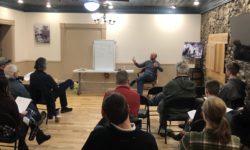How Did We Get Here?: Philosophy
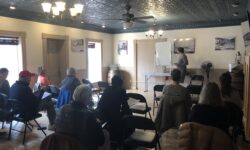
In this evening’s program, we looked at some of the major ways in which the concept of philosophy has evolved over the centuries. In doing so, we traced some of the important ways in which philosophers have understood the subject-matter of their discipline. And we examined how, from very early on, philosophers have been especially self-conscious of the history of philosophy, in a way that is unique from other sciences. Access photos & resources here!

